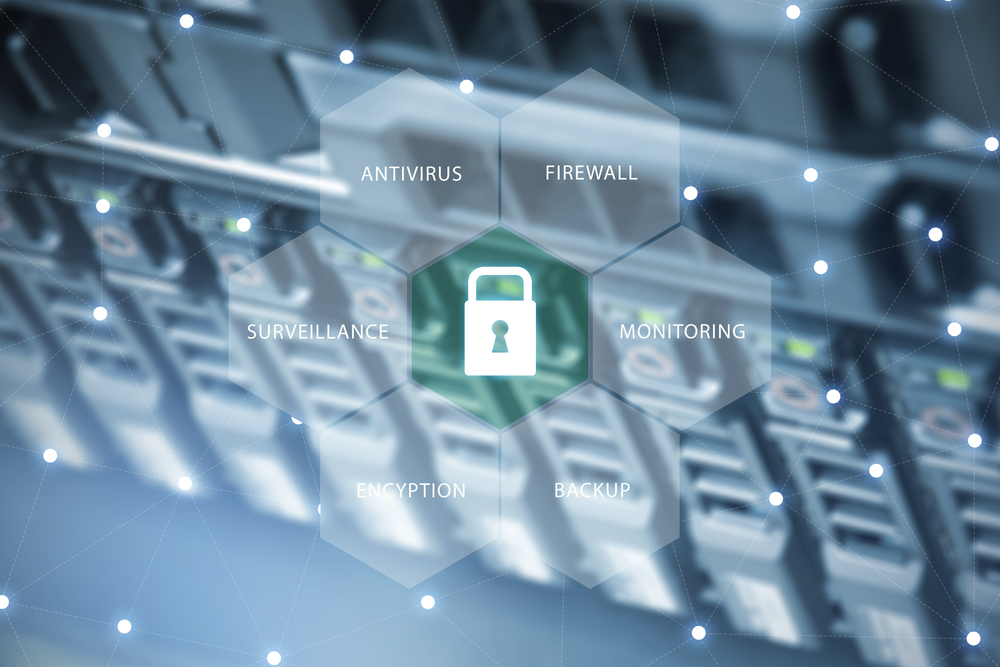The internet faces a big challenge when it comes to security. The world wide web rests at the heart of nearly everything we do in the digital age, yet that has only served to encourage cyber criminals to find ways to exploit this and get their hands on the valuable data we give away online. By 2019 it’s predicted that the global cost of cyber attacks will be $2.1 trillion.
So, with the problem growing, it’s vital that you do all you can to protect yourself and your interests online. That means protecting the website you run for you and your business. This doesn’t need to be a lonely battle, though. Your website is nothing if it’s not hosted, and the choosing the right hosting company can not only ensure that your website can be accessed by customers but that it is safe too. But how do you choose the right hosting company that can look after security and performance? Here are five things to watch out for:
1. Secure file transfers
Cyber criminals are likely to be keen to get their mitts on your data, and if they can do this by intercepting the files you upload to your hosting account, they will. Many people upload files to their hosting account with file transfer protocol (FTP). You could therefore look for a provider that uses a secure file transfer protocol (SFTP) to add a layer of protection to this practice.
2. Get yourself a padlock
A secure sockets layer – or SSL – is a type of technology that establishes an encrypted link between a server and a browser. Essentially, it’s a way of protecting the data that passes between the two, ensuring that it stays private. If your website is one that needs to capture customer data (for example, you may have an e-commerce element to your website), an SSL will help to keep information secure. If you are using an SSL certificate, you’ll see a locked padlock in the address bar and your address will start with https:// instead of http://.
3. Plan B
If a disaster strikes, you need to be able to bounce back quickly. That means having all of your information backed up. Clearly, you’ll want to back all of your data up for yourself but your host can help with this too if they have their own backup procedure.
4. Call in the experts
If you have an issue, you need to know you’ll be able to solve it. The best web hosting companies are on hand to step in the moment you need them. Firms such as WestHost offer round-the-clock support and employ a team of experts who bring the benefit of their wisdom to your web presence.
5. Your own security guard
If your website was a physical building, you might pay for a security guard to patrol the premises and keep an eye out for anything that might be awry. SiteLock is the virtual equivalent of this – providing daily scans of your site for security issues and things such as malware.
If you find a hosting company that can add this for you, you’ll even be able to display the SiteLock Secure Seal on your website to offer peace of mind to visitors. Also you can have more control and flexibility over your server through VPS hosting.

